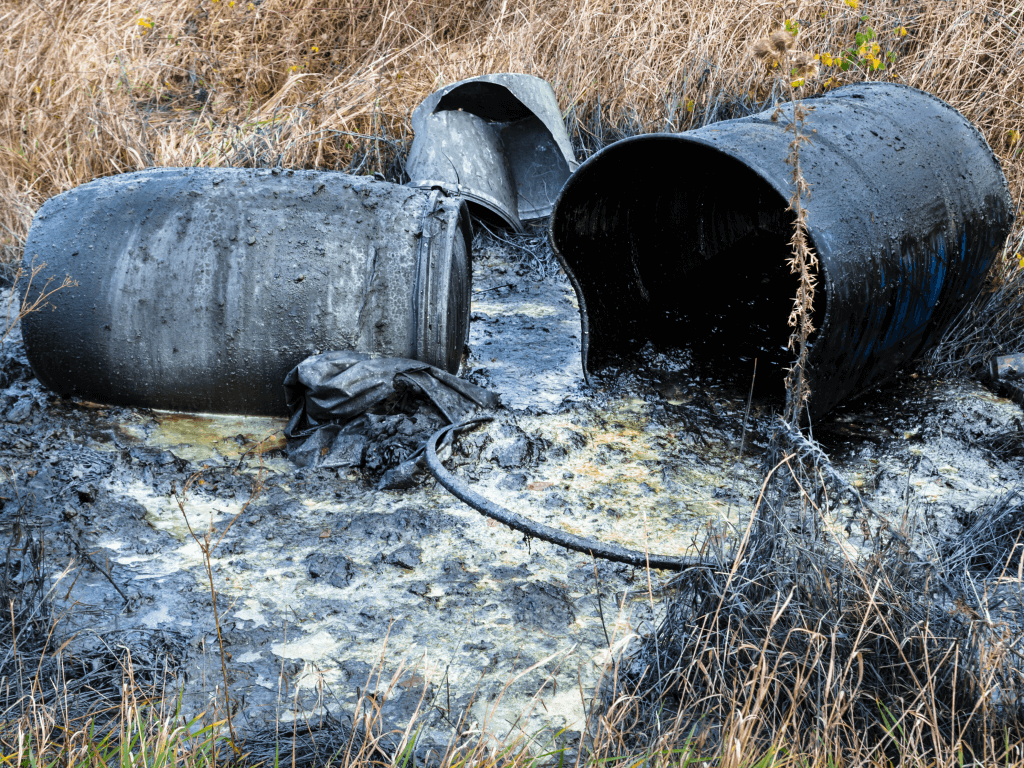EN 16210 Persistent Organic Pollutants in Hazardous Waste Test
The CEN standard EN 16210:2021 provides a method for the determination of persistent organic pollutants (POPs) in hazardous waste. POPs are highly stable, toxic chemicals that resist degradation and can persist in the environment for long periods, often accumulating up the food chain. This test is critical for ensuring compliance with environmental regulations aimed at reducing the release of these harmful substances into ecosystems.
Our laboratory specializes in providing this testing service to ensure your hazardous waste management practices meet stringent regulatory requirements. The procedure involves several key steps: sample preparation, extraction, and analysis using advanced chromatographic techniques. The standard specifies precise methodologies to minimize contamination risks during each stage, ensuring accurate and reliable results.
The significance of this test extends beyond mere compliance; it plays a pivotal role in protecting public health and the environment from the adverse effects of POPs. By offering comprehensive testing services based on EN 16210, we help our clients stay ahead of regulatory changes while maintaining their commitment to sustainability practices.
The methodology outlined in EN 16210 is designed to be robust yet flexible, allowing for adjustments as new pollutants are identified or existing ones are better understood. Our team ensures that every aspect of the test adheres strictly to this standard, delivering results you can trust.
For quality managers and compliance officers, understanding these tests is essential in ensuring proper waste disposal practices. For R&D engineers, knowing how POPs interact with different materials can lead to safer products. And for procurement teams, verifying suppliers' adherence to such standards ensures ethical sourcing and responsible business practices.
Applied Standards
| Standard | Description |
|---|---|
| EN 16210:2021 | European standard for the determination of persistent organic pollutants in hazardous waste. |
| ISO/IEC 17025 | The international standard that specifies general requirements for the competence of testing and calibration laboratories. |
Customer Impact and Satisfaction
- Ensures regulatory compliance, reducing legal risks associated with non-compliance penalties.
- Supports informed decision-making by providing accurate data on POP content in waste streams.
- Promotes safer environments through the early identification of potential pollutants.
- Aids in meeting international commitments to reduce hazardous emissions into the environment.
We strive for 100% customer satisfaction, ensuring all tests are conducted with precision and adhering strictly to EN 16210. Our clients benefit from timely reports that not only meet but exceed expectations set by regulatory bodies.
Environmental and Sustainability Contributions
- The test helps reduce the release of harmful chemicals into the environment, supporting sustainable waste management practices.
- By identifying POPs in hazardous waste, this testing service contributes to minimizing their accumulation in ecosystems.
- The accurate identification and quantification of these pollutants aid in developing more effective remediation strategies.
Our commitment to sustainability is reflected not only in our services but also through continuous efforts to innovate and improve our methodologies. By adhering strictly to EN 16210, we contribute significantly to environmental protection and sustainable development goals.





